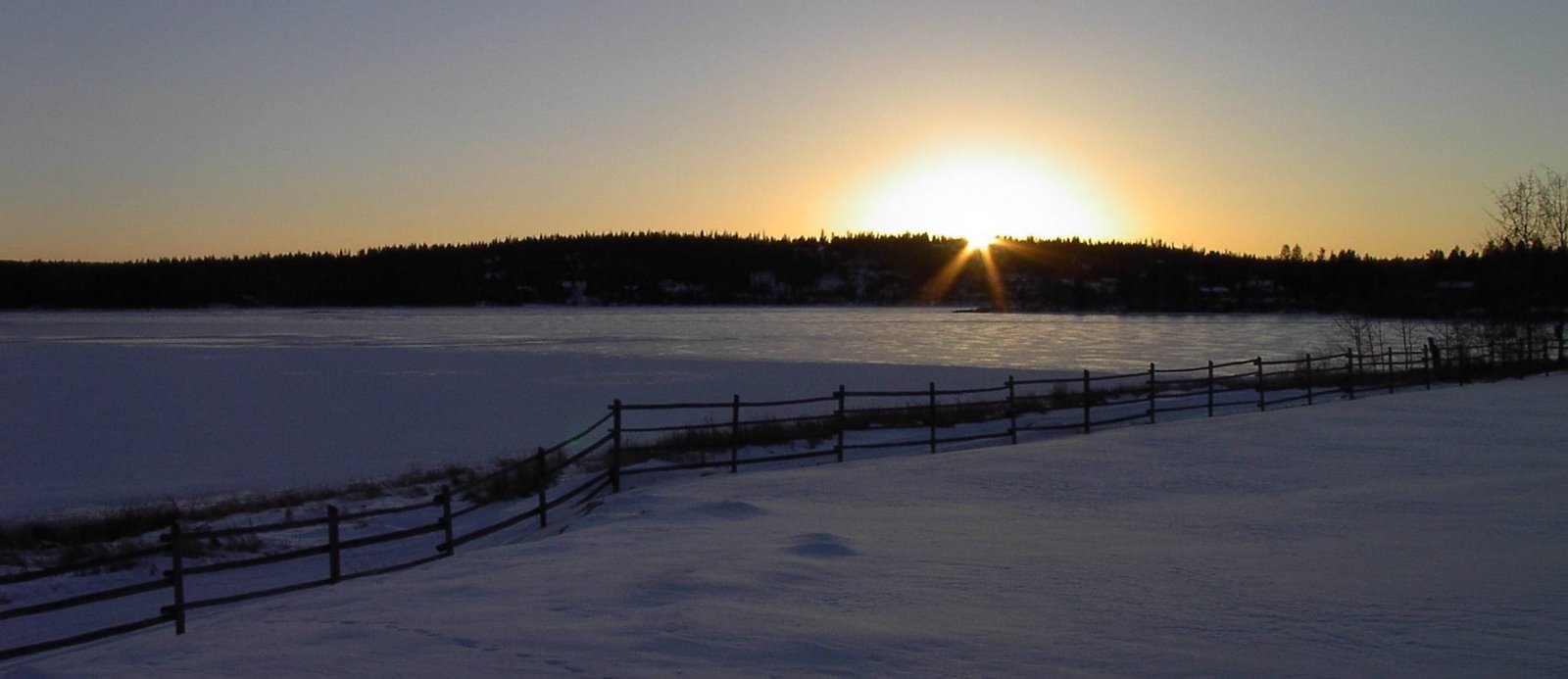April 8th, 2025
The decline continues today after a rally at the start of
the day. In my opinion this is people
buying in because they saw a chance to make a buck. Having multiple days of large declines is not
normal for American markets but the situation is also not normal. Having an American president accidently
starting a recession is something we can not plan for or understand the impacts
of it.
With the 104% tariffs being levied on American businesses
that buy products from China is going to really mess the American retail
sector. I am not sure how a company like
Walmart, or Michaels, or Apple, or any one of a number of companies, will
manage to deal with this huge cost increase for them. Changing to different supplies will take a
long time. There is little choice but to
sell the items from China.
Right now we see the US stock markets reacting. The people that drive the stock market are by
nature centre right pro-business. They
are looking for reasons to be opotmistic about the markets. This
happened yesterday when the markets flew up after a rumour of a pause in the
tariffs was going to be announced. The
market makers tend to lean into optimism and that makes what has happened in
the markets look worse. Bu the markets
are not the economy.
It takes time for a really stupid policy decision to work
its way through to the economy. It is
all about stock on hand. Retails sales
for the last few weeks are likely to be up because the public is forward
loading their purchasing because of the fear of the tariffs. We should then see a lag of a month to three
months before retailers need to bring in new stock. It is in early July the scope and scale of
the decline will become public. Then the
Q2 earnings calls from companies will be coming in and there will be some bad
ones, really bad ones.
In May and June we will start to hear about layoffs and this
will increase each and every week for the rest of the year. I am not sure how 2026 will look, and I doubt
anyone can with any accuracy, but I am leaning towards apocalyptic.
At what point will Dumpster Don accept he fucked up more than
any other American president? How will
he back down? How will he react when
after he backs down things do not get better?
The negotiations Trump speaks of in relation to the tariffs
are unlikely to lead anywhere much. It does
mean that he is signalling the tariffs are not intended to last at all, and this
flys in the face of using the tariffs to increase manufacturing in the United
States. You can not have both.
How does Dumpster Don negotiate in any case? The tariff rates that did exist are much
smaller than what the Americans have imposed.
In his first term he negotiated NAFTA to create CUSMA. His negotiation skills did little to make an
serious changes to NAFTA in the process.
How does a country like South Korea negotiate with the US?
South Korea and the US have a free trade agreement in place
and not most of Suth of Korea’s economy is open to American products. This was renegoatied by Trump in 2018.
That did the tough negotiator get in 2018? Not a lot.
A few more cars. For a deal Trump
said "It's a horrible deal, and we
are going to renegotiate that deal or terminate it.", the results do not reflect
the fantasy words as spoken by him.
What is there that South Korea could negotiate away to get
Trump to drop his outrageous tariff against a free trade partner? It is not like Trump even demand South Korea
pay for the costs of the American military there because they already do so.
Anyone negotiating with the US is going to want to see this
moronic and illegal tariffs to be removed.
They are not going to accept them continuing. To get deals the US will have to give up
their tariffs they announced on April 2nd, recession day.
Trump has very little to offer. To get deals he is going to have to remove
the tariffs in return for minor concessions.
All that said, I think Trump has no interest in dropping the
tariffs because he wants the money to allow for the Oligarchs’ tax break. I do believe this is all about getting new
revenues for the American government more than anything else.
Something like $10,000,000,000,000 of American wealth is
gone. It is likely that over the next
two weeks that this will rise to $20,000,000,000,000 to
$50,000,000,000,000. At this scale of a
loss, it will take the American economy 20 to 30 years to make up this lost
wealth through growth in the economy.
•
The world is headed towards a really bad
recession
•
Americans have a very large new tax to pay
•
Americans are losing huge amounts of wealth
•
Trump is unlikely to be able to negotiate any
sort of a meaningful agreement with any country
•
Recovery will take up to a decade


















